Breaking the news of a serious or critical illness to your loved ones is never easy, as the Princess of Wales, Catherine recently admitted in a video message. Here’s a useful guide on how to sensitively share the uncomfortable truth
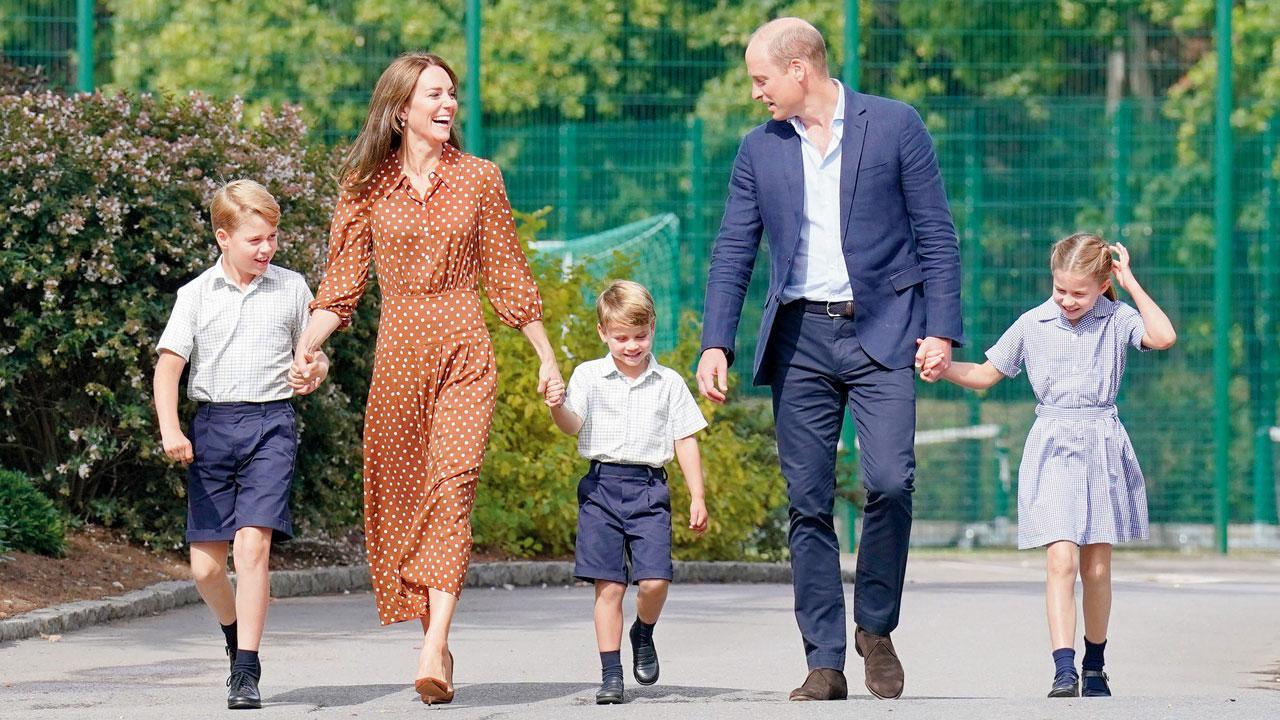
Catherine and (second from right) Prince of Wales, William, with their children. Pic courtesy/Getty Images
After months of speculation about her disappearance from the public eye, the Princess of Wales, Catherine finally cleared the air in an eagerly-anticipated video message. In it, she shared that she had been undergoing preventative treatment for cancer and also disclosed that it had taken her time to share the diagnosis with her young children, in a way that was appropriate for them while also reassuring them that she was going to be okay. She is not alone in her predicament; breaking the news about a serious or a terminal illness to your loved ones can be extremely difficult, especially if there are young children in the mix. City-based experts share certain dos and don’ts to help ease the process.
ADVERTISEMENT
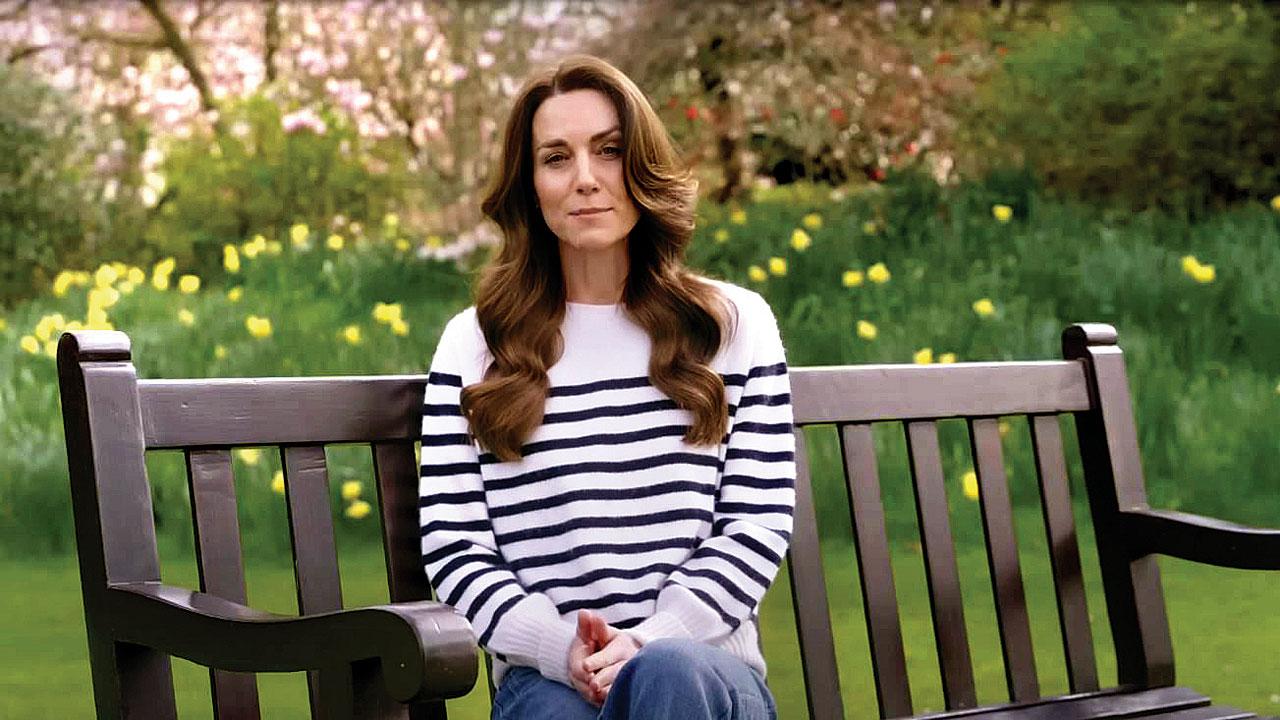
Princess of Wales, Catherine in a moment from the revelation video. Pic courtesy/Youtube
Clear the air
“The stress that accompanies such an announcement increases exponentially if the announcement is sudden, if there is uncertainty or ambiguity involved, and if those receiving the news experience a sense of helplessness,” says Dr Nahid Dave, a psychiatrist at Thought Matters. Elaborating further, she explains that recipients of the news will be better equipped to cope with the repercussions if they are given time to process it, and if they do not feel like mere spectators but can be involved in the process. And so, it’s important to share the diagnosis as soon as you are certain of it, she emphasises. “Many caregivers suffer guilt and self-blame, especially if the illness is terminal. Giving them more time to come to terms with the illness also facilitates closure,” she adds.
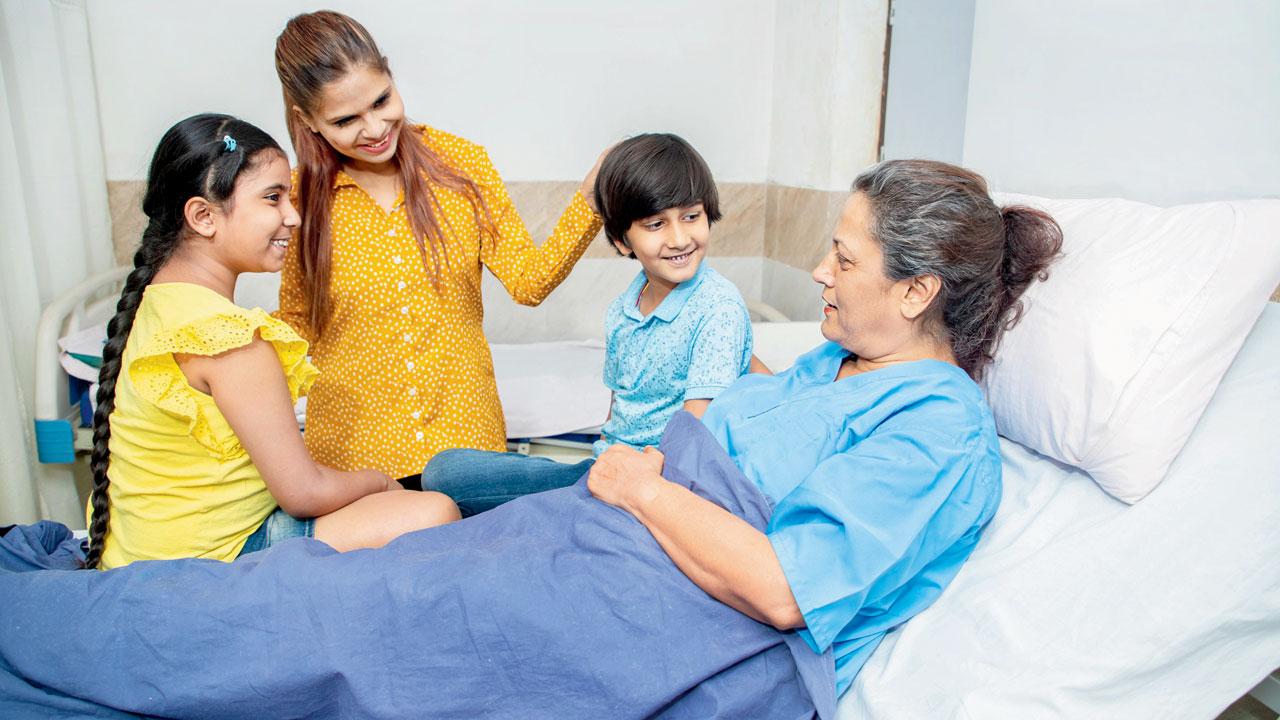
Use simple and truthful approaches to break the news of a family member’s illness to the children. Representation pic
From the horse’s mouth
While it’s natural to want to protect your loved ones, especially children, from grief and uncertainty, keeping the diagnosis from them can prove counterintuitive, shares Dr Karishma Kirti, consultant breast specialist and oncoplastic surgeon. “Children can often overhear conversations, and misunderstand what is happening, which can create additional confusion and distress. Knowing what is going on and having heard it from a trusted source makes them less anxious. It also shows them that the parent trusts them which makes them more comfortable to ask questions. Having dealt with a big and daunting situation early in life will help them cope with difficult situations in the future in a better way as well, and shape them into well-adjusted adults,” she clarifies.
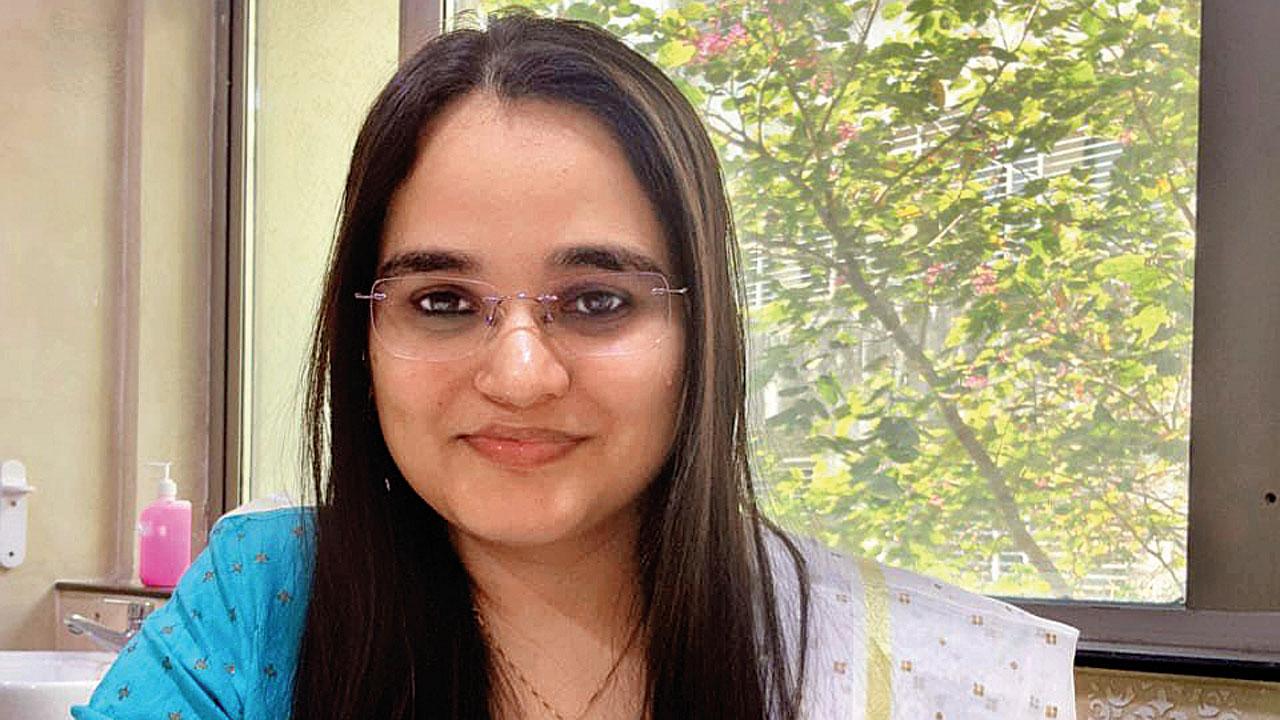
Dr Nahid Dave
Establish comfort
“Breaking the news should be well-planned rather than a spur-of-the-moment decision. If necessary, seek help from your partner or another adult whom the child trusts. Find a quiet and comfortable time to talk when there are minimal distractions. Ensure there is enough time for discussion and questions,” says Dr Kirti, evoking parallels to the Princess acknowledging her partner’s Prince William’s support when sharing her diagnosis with her family.

Dr Karishma Kirti
Tailor explanations
While adults will fare better with a complete and thorough understanding of your diagnosis, young children will need a simpler approach, experts suggest. “Match your explanations to your child’s age and level of understanding. Younger children may need simpler explanations, while older children may grasp more complex concepts,” says Kirti, while Dr Dave suggests sharing a simplified explanation of what you are going through and then answering questions as they are posed. “It’s important to be truthful so that the child trusts the information they are receiving, but you can also use metaphors to simplify processes,” she adds.
Do the groundwork
“It is imperative for patients to work through their own feelings first before they speak to their children. Your illness is a major, life-changing diagnosis and it may be useful to speak to a counsellor or a psychologist before breaking the news to your family,” advises Kirti. Dr Rashi Agarwal, a psychiatrist and mental educator suggests being prepared with answers to any anticipated questions.
Don’t build false hope
Many patients try to cushion the blow by resorting to half-truths or unrealistic projections to make their family members feel better. Or, they could withhold information in a bid to protect their loved ones. This, says Dr Dave, can cause ambiguity, and the family members could lose trust in the information they are receiving, making it tougher for them to come to terms with the illness. She also suggests walking the family through the diagnosis and treatment processes, including every step involved, instead of abruptly informing them about the illness. “At the same time, avoid creating an atmosphere of toxic positivity, where you urge your family to ‘be strong’ and ‘not cry’. Everyone has different ways of dealing with stress. It is okay for them to cry, or want to be by themselves for a while. Allow family members to cope with the news in the way that’s most comfortable for them,” Dr Dave advises.
Hospital visits help
Visiting a loved one in the hospital can be intimidating to the family, especially to younger children. But Dr Agarwal points out that it may also give them a sense of acceptance and closure, as well as a better understanding of the situation. “While it may be difficult to see your loved one at their most vulnerable state, in the long run, it can be comforting to look back and know that you were able to spend time with them even when the going was especially tough,” she observes.
It’s okay to seek support
Dr Rashi Agarwal and Dr Karishma Kirti suggest the following resources to help ease the process:
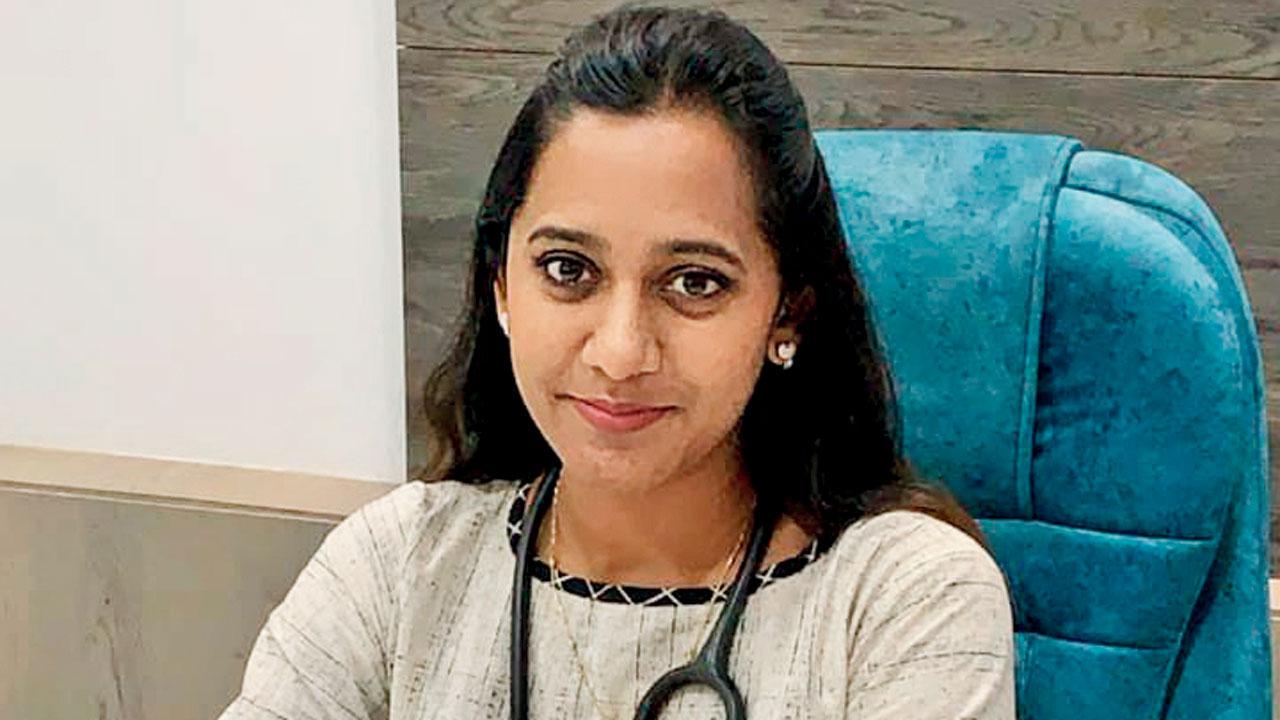
Dr Rashi Agarwal
>> The Fruitfly Collective’s resources for children: These include a free app named A Kid’s Guide to Cancer, activity booklets that help children better understand cancer in an age-appropriate manner, and flash cards.
>> My Parent Has Cancer and It Really Sucks: Real-Life Advice from Real-Life Teens: This book is tailored for teenagers. It is based on personal experience, the guidance of experts and the stories of over 100 teens.
>> When Your Mom Has Cancer: Helping Children: Cope at Home and Beyond by Maryann Makekau: This book explains cancer to younger children.
>> Caregiver Saathi: The platform aims to empower family caregivers by creating an ecosystem of well-being and healing for the primary caregiver as well as for the care receiver. Its website offers educational content, tools, access to a community, support groups, and professional home-care services.
 Subscribe today by clicking the link and stay updated with the latest news!" Click here!
Subscribe today by clicking the link and stay updated with the latest news!" Click here!







